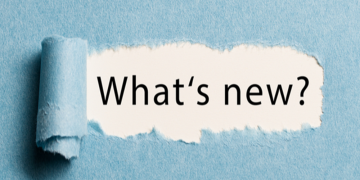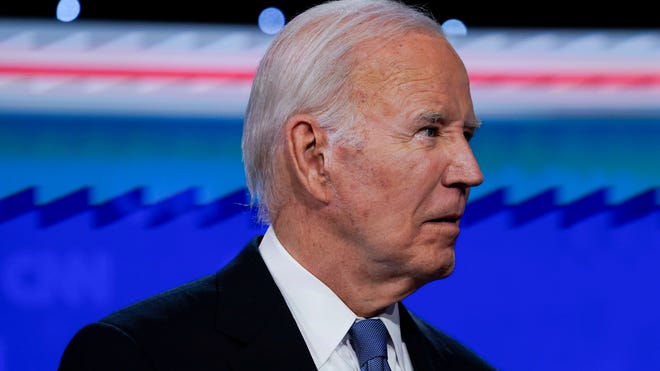The USA TODAY app gets you to the heart of the news — fast. Download for award-winning coverage, crosswords, audio storytelling, the eNewspaper and more .
After President Joe Biden , 81, had a stumbling debate performance , people can’t stop talking about one thing: his age.
Voters have expressed concern and made memes on social media about it. TV pundits have analyzed it to no end. Jon Stewart even gave a comedic diatribe about it on “The Daily Show” that has racked up more than 4 million views on YouTube .
And Biden’s opponent, Donald Trump, 78, has capitalized on the discourse. At a rally Tuesday, he called Biden “unfit to be president” and called for another debate.
The fact is, concerns about Biden’s mental fitness have Americans across the political spectrum weighing in − and it has evoked familiar feelings in people who have had to deal with aging parents and relatives, especially those who have resisted compromising on their independence or lifestyle. The situation has sparked important conversations about how and when we talk about aging − both when it comes to political figures, like Joe Biden, and just your average Joes.
“We do want to make sure that we have someone in office that is cognitively doing OK,” psychotherapist Stephanie Sarkis says. And while in general “there’s no true right way” to talk about aging and its effects, she says, there are productive and “better ways to address it.”
Joe Biden, the debate and when it’s OK to talk about politicians’ health



























































